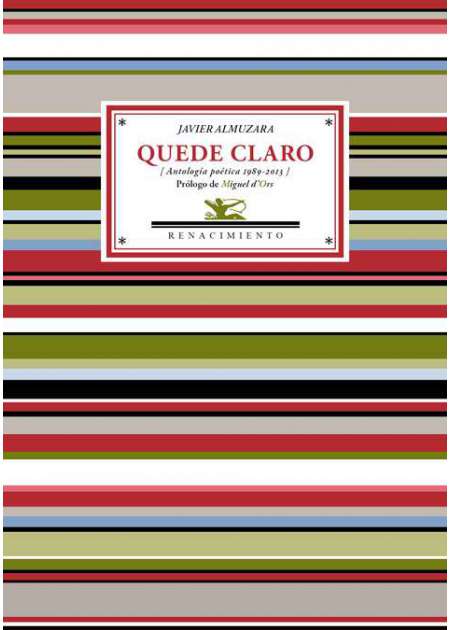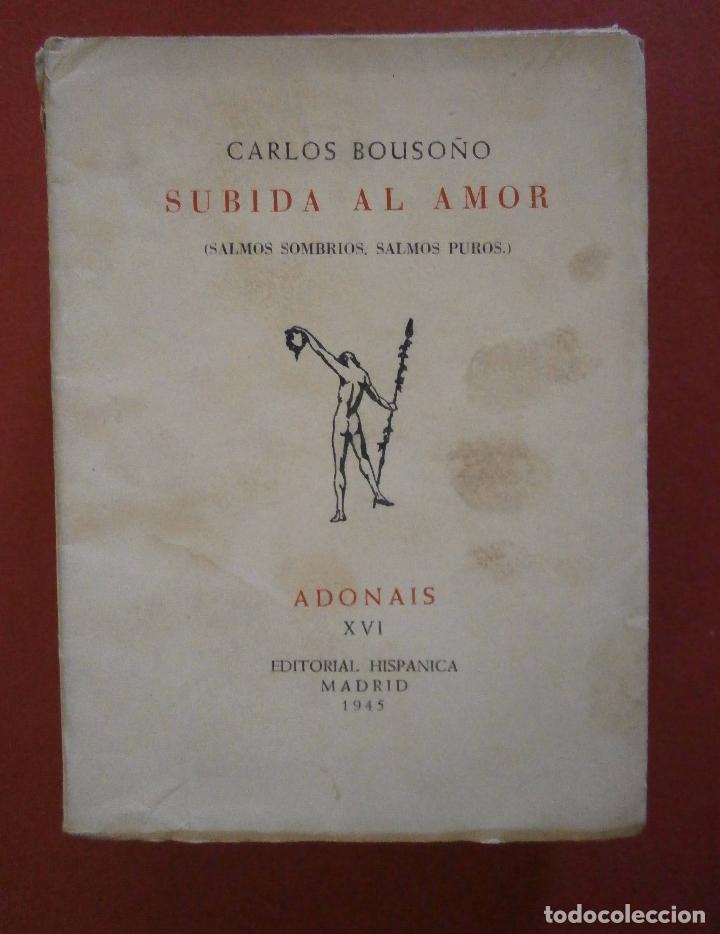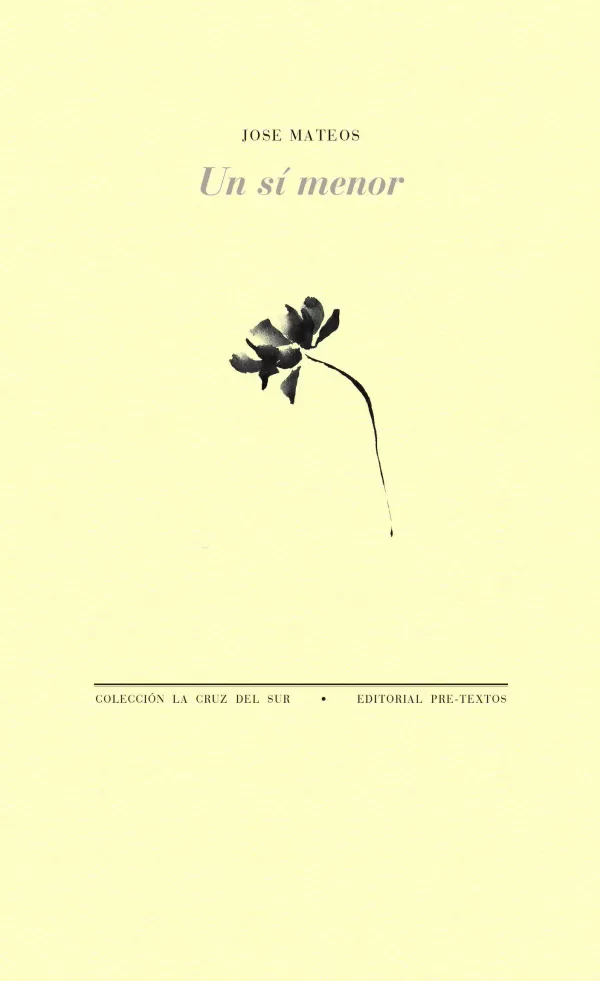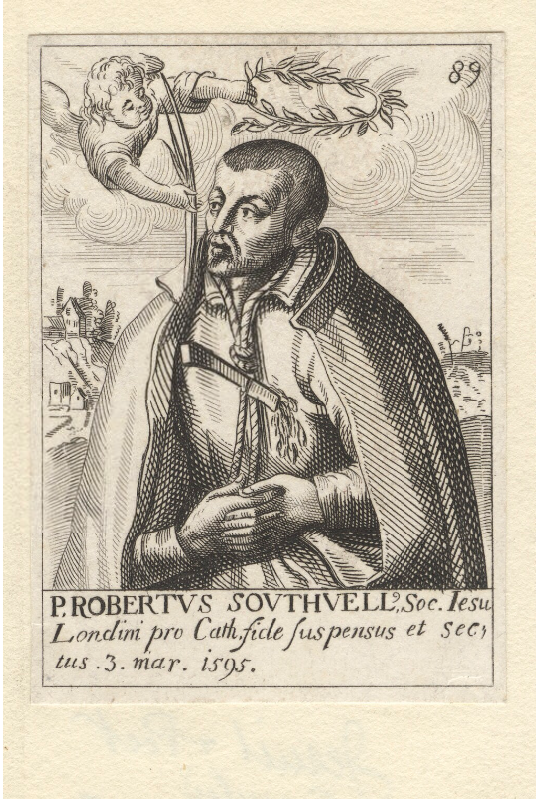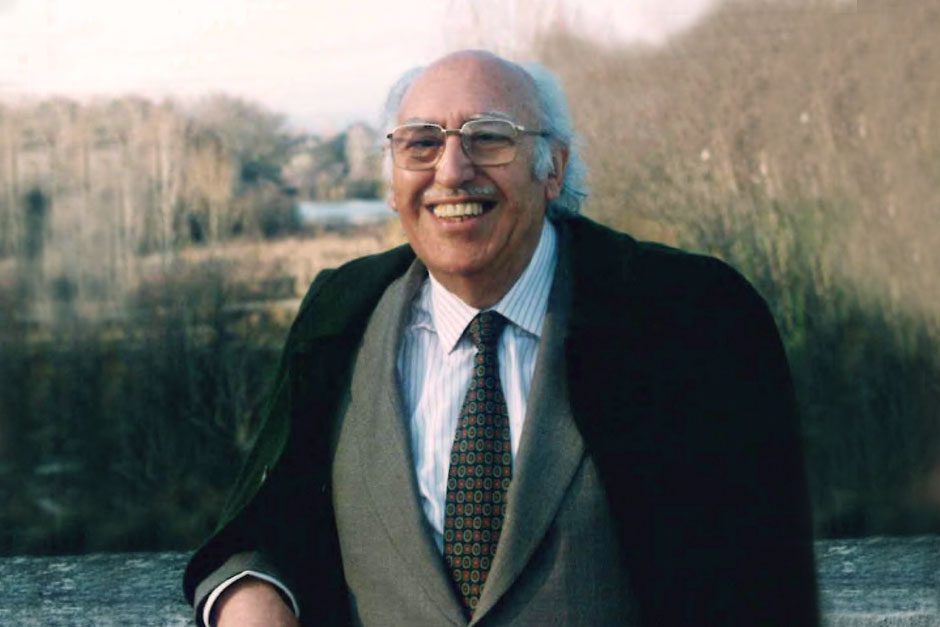LAS MANOS DEL SEÑOR
Las manos del Señor eran... como eran
las de Moisés al recoger las Tablas,
duras para imponer los Mandamientos,
y asperas, recias, firmes, despiadadas,
arrojando del Templo a mercaderes
con látigo implacable y voz airada.
Las manos del Señor eran... como eran
las de David, ya Rey, pulsando el arpa.
Eran de alegre giro en la armonía
de acompasar el son de sus palabras,
musicales batutas para el coro
de sus celestes bienaventuranzas…
Las manos del Señor eran... como eran
las de los carpinteros; toscas, rápidas,
diestras para tallar viejos maderos;
dentro de su humildad, como doradas,
pues los rayos del sol de Galilea
las encendían mientras predicaba.
Y parecía, con la luz del véspero,
que eran como de fuego, pura llama...
Las manos del Señor eran palomas
huidas de la jaula
en torno de su Verbo estremecido
por el fervor de las parábolas...
Las manos del Señor, en su ternura,
sólo con acercarse, acariciaban..
Se sentía su piel ardiente y suave
sin llegar a tocarlas,
sólo con inclinarse a recibir
su bendición cuando El pasaba...
Las manos del Señor, Pastor y Príncipe,
Artesano y Rabí, Siervo y Jerarca,
se hubieran conocido entre millares
de manos de judíos congregadas,
por su perfume indescifrable y único,
por el gesto de amor que a todos daban...
En la tarde del Viernes, cuando el fiel
José de Arimatea desclavaba
el Cuerpo de Jesús para enterrarlo
en el jardín cercano de su casa,
las manos del Señor fueron —¡de pronto!—
como las de su Madre, frías, blancas.
Frías y blancas como las tenía
la Virgen desde aquella impar mañana
en que el Arcángel Mensajero
su respuesta esperaba...
Jesús ya muerto se tornó como Ella,
con su perfil de nazarena traza,
más claro aún que en vida y por honrar
a Aquella que le tuvo en sus entrañas…
En el instante del Descendimiento,
la muerte le acercó a la dulce infancia;
y sus manos, sus manos sobre todo,
inmóviles, sin pulso ya, enlunadas,
hicieron exclamar a las mujeres:
«¡Tiene las manos de Miriam! Miradlas!»
Todos miraron a María... Todos
—de Hijo a Madre—
las manos comparaban,
medrosos, sorprendidos,
entre gritos y lágrimas
«¡Se le han puesto las manos de su Madre....»
Miriam, la Madre, no decía nada.
Sabía que esas manos no eran suyas,
ni siquiera del Hijo al que enterraban,
¡sino de Dios, exangües, pero a punto
de la Resurrección, Ilenas de Gracia!
«llenas de Gracia» aún más, mucho más que Ella
cuando vino Gabriel a saludarla...!
¡Eran como eran las del Padre el día
en que creó a los mundos de la Nada!
¡Las manos del Señor...! Ay, quien pudiera
—junto a Juan y María de Magdala—
como ellos, bajo el cielo del Calvario,
acercarse a esas manos y besarlas...!


